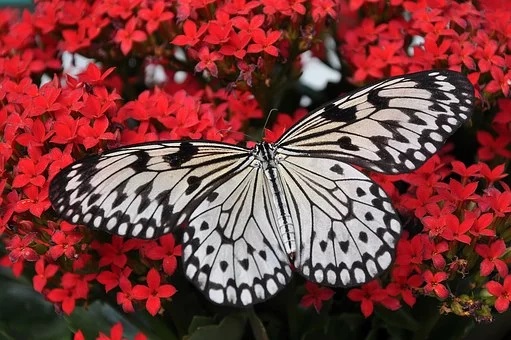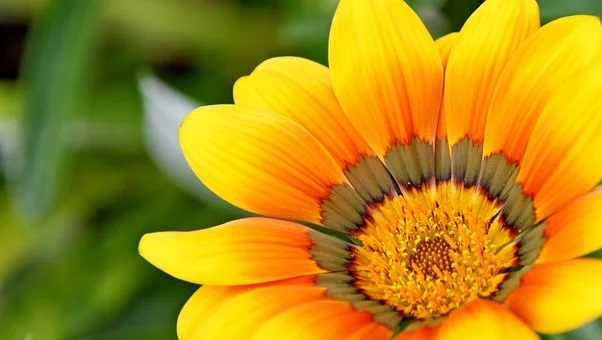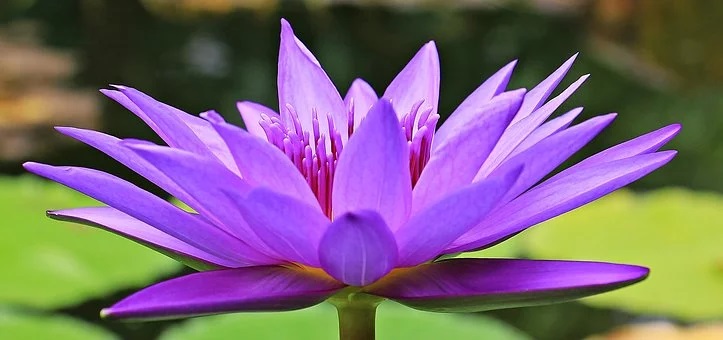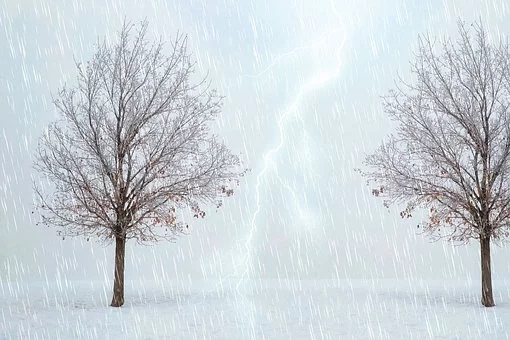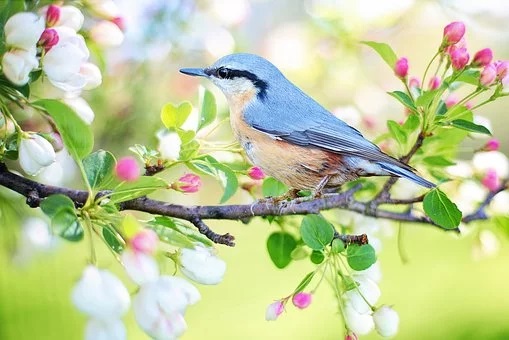At the actual moment of death, it is necessary for the mother and child luminosities to come together. What is the child luminosity? The state of realization attained in one’s lifetime is called the child luminosity.
Highly accomplished practitioners have attained realization of the child luminosity already. At the actual moment of death, when the mother luminosity arises, they instantly merge the child luminosity with the mother luminosity and abide in this state. This is called liberation in the bardo.
~Depicted from GATEWAY TO VAJRAYANA PATH -Vajrayana Terminology



